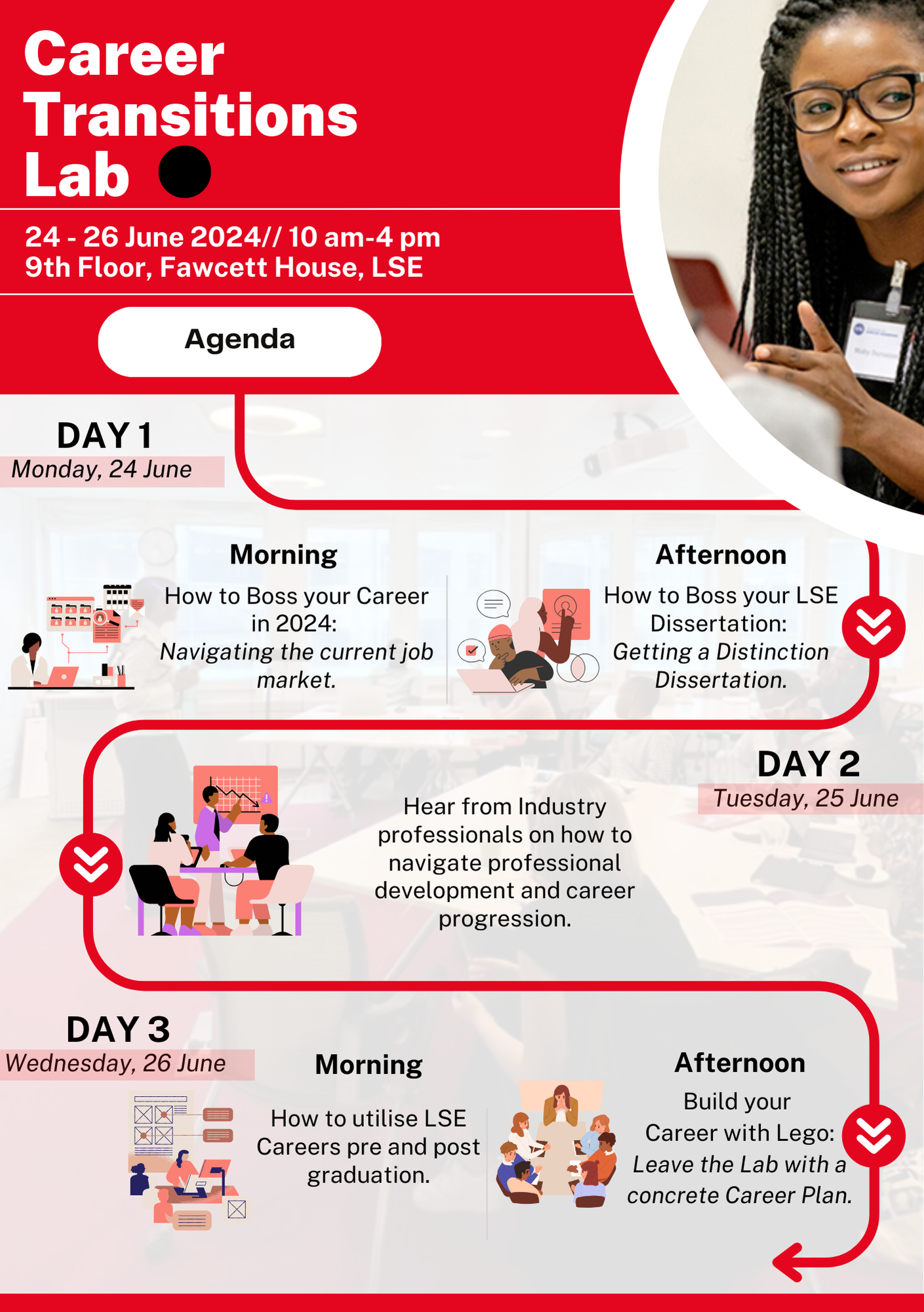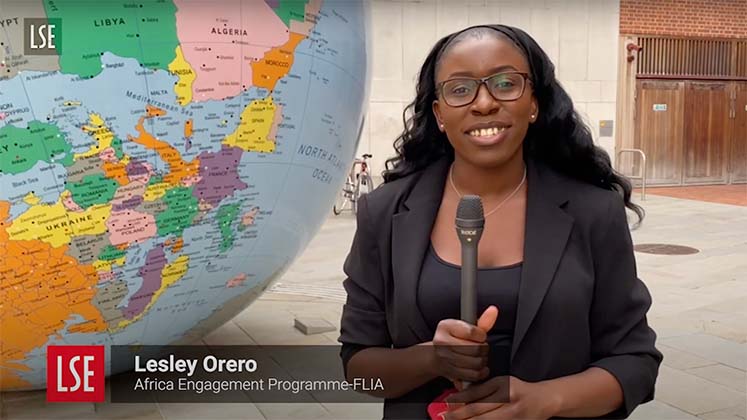What is the AEP Career Transitions Lab?
Targeted at African nationals and individuals interested in pursuing long-term careers on the African continent and/or on African issues, the Lab is a series of workshops and talks with speakers from different industries and sectors, discussing their career trajectories and transitions on the continent or working on African issues. The Lab offers an incredible opportunity for students to find out how to best navigate the current job market, interact with industry professionals tapping into their wealth of knowledge and lived experience, engage in career workshops, and receive career coaching and mentorship.
Career Transitions Lab 2024
The Lab took place on Monday 24th to Wednesday 26th June 2024.

 Africa Engagement Programme: Career Transitions Lab 2022
Africa Engagement Programme: Career Transitions Lab 2022
Africa Engagement Programme: Career Transitions Lab 2022
Africa Engagement Programme: Career Transitions Lab 2022
See here for the AEP Career Transitions Lab Programme 2023.
Read the 2022 AEP Career Transitions Lab Report here.